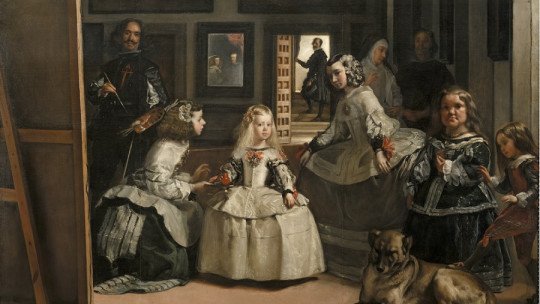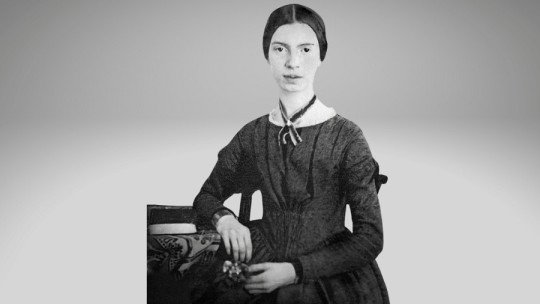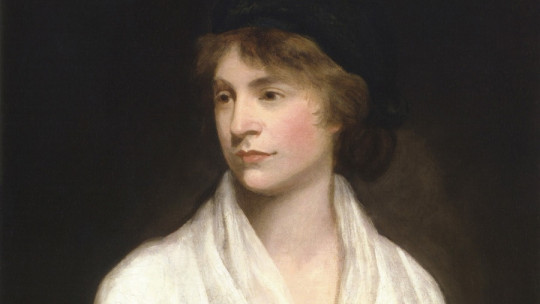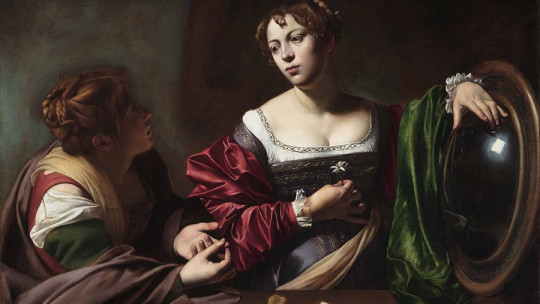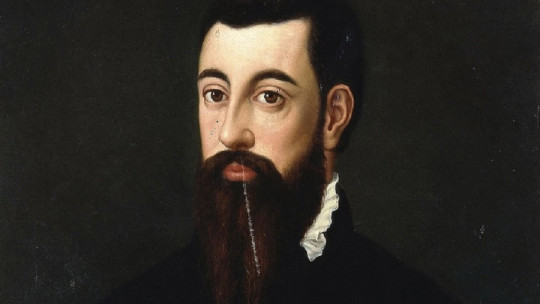
Garcilaso de la Vega is known for being one of the most important poets being considered one of the greatest exponents of the poetry of the Golden Age and one of the greatest writers in history.
This writer and soldier of Toledo origin, probably born in 1501 (although in others the specific year of his birth is uncertain, he may also have been born in 1498) and died in 1536, is known for being the pioneer in introducing Renaissance poetry and the hendecasyllabic verses (of eleven syllables) in our country in addition to using an intimate, musical and emotionally expressive tone in his works that tended to avoid the pomposity typical of previous times.
Despite its great importance, this author’s work was relatively short and would not be published until years after his death: it consists of forty sonnets, three eclogues, an epistle, two elegies and five songs. All of them of great beauty and love being one of its main themes. In order to admire his work, throughout this article we are going to expose some of the best-known poems by Garcilaso de la Vega
A brief selection of poems by Garcilaso de la Vega
Below we offer you a series of examples of Garcilaso de la Vega’s poetry, all of them part of his sonnets and mostly focused on aspects such as love and melancholy.
His main source of inspiration was probably his feelings towards Isabel Freyre which would become his platonic love and with whom he lived through his marriage to another man and later his death (something that explains the hopelessness and melancholy that expresses much of the author’s work), as well as their friendship.
1. Sonnet 1
When I stop to contemplate my ‘state
and see the steps by where m’ha n brought,
I find, according to where I was lost,
that it could have gotten worse;
but when the road is forgotten,
I don’t know where I’ve come from so much evil;
I know that I am over, and I have felt more
see my care end with me.
I will end, I gave myself without art
who will know how to lose me and destroy me
if you want, and you will still know what to do;
because my will can kill me,
yours, which is not so much on my part,
If he can, what will he do if not do it?
2. Sonnet V
Your gesture is written in my soul,
and how much I want to write about you;
you alone wrote it, I read it
It’s just that I still keep this from you.
I am and will always be in this;
that although everything I see in you does not fit into me,
of so much good what I don’t understand I think,
already taking faith as a budget.
I was not born except to love you;
my soul has cut you to its size;
By habit of the soul itself I love you.
When I have I confess I owe you;
For you I was born, for you I have life,
For you I must die, and for you I die.
*This fifth sonnet by Garcilaso expresses to us your sensations and feelings when seeing the loved one the energy and desire to be with her that it generates and the memory of each of her gestures.
3. Sonnet XXVI
The foundation is thrown to the ground
that my tired life sustained.
Oh how much good comes to an end in just one day!
Oh how many hopes the wind carries!
Oh how idle is my thought
when he takes care of my business for the good!
To my hope, as well as to waste,
My torment punishes her a thousand times.
Most times I surrender, other times I resist
with such fury, with a new force,
that a mountain placed on top would break.
This is the desire that drives me,
that you want to see again one day
who it would be better to have never seen.
4. Sonnet XXXVIII
I am continually bathed in tears,
always breaking the air with sighs,
and it hurts me more to not dare to tell you
that I have reached such a state because of you;
Seeing where I am and what I’ve been up to
on the narrow path of following you,
If I want to turn to escape you,
I faint, looking back at what I have left behind;
and if I want to climb to the high peak,
at every step they scare me on the road
sad examples of those who have fallen;
above all, I already lack the light
of hope, with which I used to walk
through the dark region of your oblivion.
5. Sonnet XXVIII
Boscán, you are avenged, with my loss,
of my past rigor and my harshness
with which you rebuke tenderness
of your soft heart used to.
Now I punish myself every day
of such savagery and such clumsiness:
but it is in time that of my baseness
cum and punish me might as well.
Know that in my perfect age and armed,
with my eyes open I have surrendered
the child you know, blind and naked.
Of such a beautiful fire consumed
It was never a heart: yes asked
I am the rest, in the rest I am mute.
6. Sonnet XXIX
Crossing the sea Leander the courageous,
in loving fire all burning,
the wind forced itself, and it became raging
the water with a furious impetus.
*Overcome from hurried work,
contrast the waves not being able to,
and more of the good that he lost there by dying
that of his own sorrowful life,
As best he could, he strained his tired voice
He already spoke to the waves in this way,
but his voice was never heard:
«Waves, well there is no excuse for me to die,
let me get there, now the tornado
“Your fury is in my life.”
- The author refers to the Greek myth of Leander and Hero, in which two young lovers who lived each on one side of the Strait of the Dardanelles or Hellespont and separated by the opposition of their families met every night, Hero leaving a light on in the tower in which he lived so that Leander could cross swam the strait in order to be together. One night the wind extinguished the light that was guiding Leandro, causing him to get lost and drown, and Hero committed suicide upon learning of the end of his beloved.
7. Sonnet XXXI
Within my soul he was begotten of me
a sweet love, and my feeling
so approved was his birth
as of a single desired child;
but after birth who has devastated
of all the loving thought;
in harsh rigor and in great torment
the first delights have returned.
Oh crude grandson, who gives life to the father
and you kill the grandpa!, why do you grow up so dissatisfied
to the one from whom you were born?
Oh jealous fear! Who do you look like?
that still envies her, your own fierce mother,
He is shocked to see the monster he has given birth to.
- Garcilaso talks to us here about jealousy and how they are capable of transforming and destroying the very love that allowed their birth.
8. Sonnet XXIII
While rose and lily
the color is shown in your gesture,
and that your ardent, honest look,
with clear light the serene storm;
and while the hair, that in the vein
of gold was chosen, with ready flight
by the beautiful white neck, upright,
The wind moves, spreads and disorganizes:
take advantage of your joyful spring
the sweet fruit before the angry time
cover the beautiful summit with snow.
The icy wind will wither the rose,
light age will change everything
for not changing their custom.
- The poetry reflected here tells us about the beauty of youth, as well as urges us to take advantage of the moment. before time passes and said youth ends up fading
9. Sonnet IV
For a while my hope rises,
more tired from having gotten up,
falls again, which leaves, to my dismay,
free the place to distrust.
Who will suffer such a harsh change?
from good to evil? Oh tired heart,
strive in the misery of your state,
that after fortune there is usually prosperity!
I myself will undertake by force of arms
break a mountain that another did not break,
of a thousand very thick inconveniences;
death, prison cannot, nor pregnancies,
stop me from going to see you as I want,
naked spirit or man in flesh and blood.
- This sonnet is one of the few in which no reference is made to the figure of the beloved. In this case Garcilaso He tells us about his stay in prison, in Tolosa, after having attended his nephew’s wedding. This wedding did not have the permission of Emperor Charles I, who ordered the poet and soldier to be imprisoned.
10. Sonnet VIII
Of that good and excellent view
alive and lit spirits come out,
and being received by my eyes,
They pass me to where the evil is felt.
Enter the path easily,
with mine, moved by such heat,
They come out of me as if lost,
called from that good that is present.
Absent, in memory I imagine her;
my spirits, thinking that they saw it,
they move and light up without measure;
but not finding the way easy,
that theirs entering melted,
They burst to get out when there is no way out.
- In this sonnet we are presented with a situation in which the author and the loved one look each other in the eyes, establishing a deep and even spiritual act of communication We observe the sensations generated by the gaze of the loved one, as well as the melancholy caused by the memory of them.
11. If at your will I am made of wax
If at your will I am made of wax,
and for sun I have only your sight,
which does not inflame or conquer
with his looking, it is of meaning outside;
From where does a thing come, that, if it were
less times of me tried and seen,
As it seems that reason resists,
my sense itself would not believe?
And I am inflamed from afar
of your burning sight and burning
so much so that in life I barely survive;
but if I get close I am attacked
from your eyes, then I feel cold
my blood curdling through my veins.
- One of his most intimate poems.
- Morros, B. (ed.). (2007). Garcilaso de la Vega: Poetic work and prose texts. Critical Editorial.

